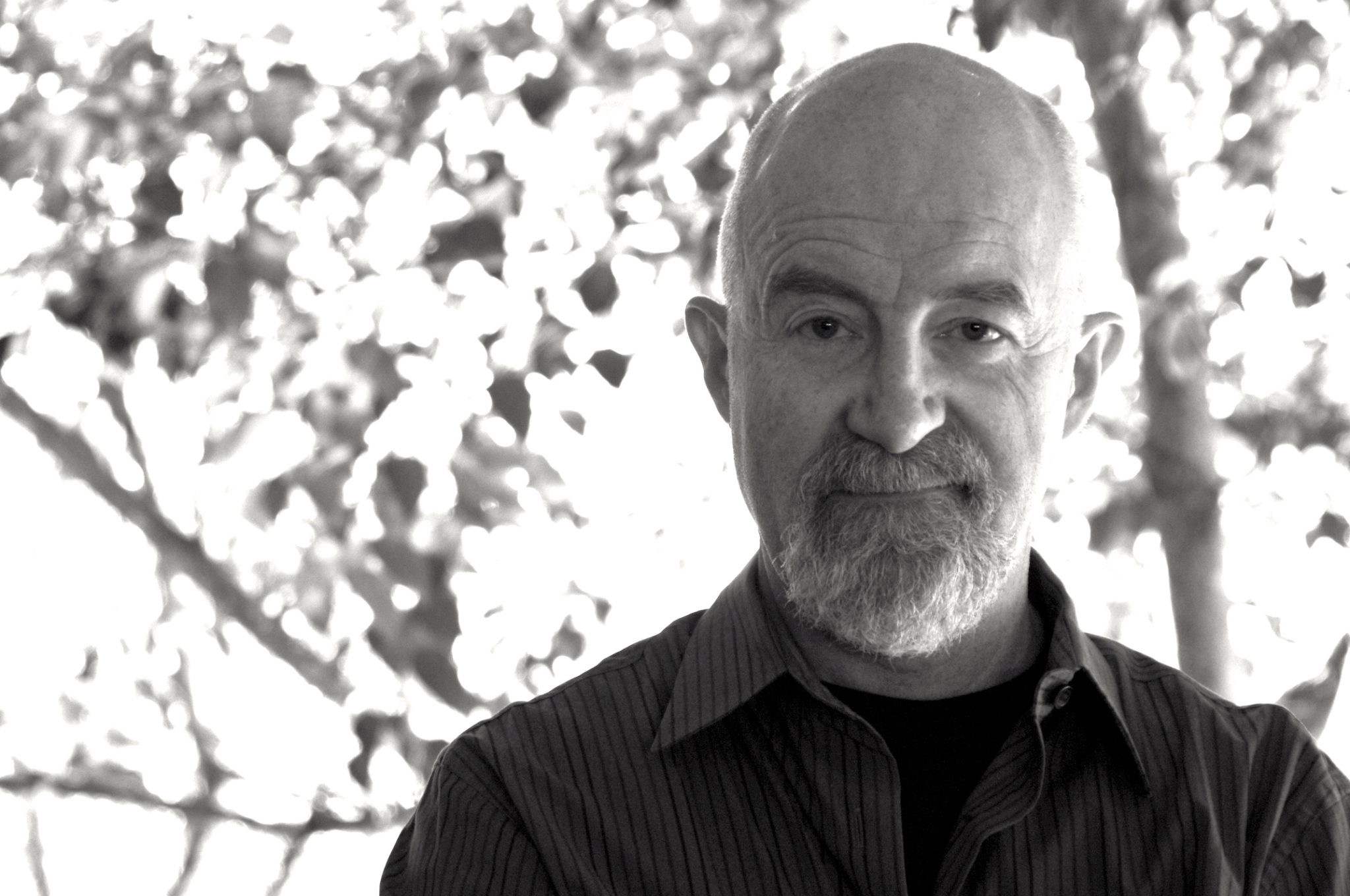I share what I've learned over my career about heath, fitness, aging, and injuries to help you take charge of your health and become as fit as possible over your life time.
In a nutshell, to help you develop the movement you want or need to enjoy your life.

Doug Kelsey, PT, PhD
I’ve been a physical therapist and human movement expert since 1981 and a teacher all of my career. I’m formerly an Associate Professor and Assistant Dean for Clinical Affairs at the University of Oklahoma Health Sciences Center. I've written several books, conducted over 250 educational seminars for therapists, trainers, physicians and the public. I've presented lectures at national and international scientific and professional conferences. My professional CV is here.
I’ve conducted over 25,000 consultations and more than 100,000 training sessions over my career with people from all walks of life – major league baseball players to weekend warriors to moms and dads and grandmoms and granddads. I understand how to help people recover from injury, disease, and surgery and most of my patients left my care in better condition than before they were hurt.
I wanted to share a few things, stumbling blocks, that I've learned:
The Five Stumbling Blocks to Health and Fitness
1. Not having enough credible information about health & fitness to make good decisions. What's more helpful than how to get ripped abs or a sculpted butt, is content that works in your life, and has some science behind it. Without understanding what you're doing and why, what's true, what really works and what doesn't, you're more likely to have an injury from "working out" or just waste a lot of time and get nowhere.
2. Being overwhelmed with a wide variety of exercise tools, devices, machines and not knowing what to do and what combination would be the safest and most efficient choice for your needs. Once you hit 40 (and because of the sedentary nature of our society, I think that age is closer to 35), you have to be more strategic about exercise. Exercise is essentially controlled trauma – a way of using physical stress to force your body to change and adapt. But, what you could do at 20, you can’t do so easily at 40. You can still train hard but you have to be smarter about it.
3. Not understanding the power of food. Food has drug-like actions in the body and plays a large role in preventing age-related diseases, maintaining acceptable levels of body fat, and helping the body repair itself. What you eat plays a huge role in the healing and aging process and can hinder you or help you on your health and fitness quest.
4. Being unaware of why you make certain decisions and the consequences. We make decisions, many times without really thinking. We often use a "system" or routine that has developed over many years. Why is decision making any different or harder in your 40's than in your 20's? Well, the process you use in your 40's is likely very similar but the stakes are higher. For example, I made a poor choice when I was snow skiing that lead to a significant spine injury. I was on a ski run that was difficult, it was very foggy, and I should have stopped. But, because I didn't want to appear weak or "less than" the other guys I was skiing with, I kept going. And I got hurt - badly. I had a lot more responsibility, more people counting on me in my 50's than I ever did in my 20's. So, being more aware of why you make certain decisions and the potential fallout is just that much more important.
5. Not aligning the intensity of an exercise program with the ability of the individual. Conventional Wisdom approaches exercise as if all exercise is the same - just do stuff, lift heavy things, join a class, lift weights, run, whatever. Well, in your 20's, your body might be capable of withstanding the high variability in loads, speeds, joint reaction forces from this approach. But in your 40's, unless you've trained consistently since you were 20, your body is unprepared for that kind of volatility. As a physical therapist, I understand things like joint reaction force, and spinal loads so I could build my own "fitness" routines with respect for my joints and this is the kind of thinking and design you need in your exercise routines to be successful over the long term.
Care to Join Me?
